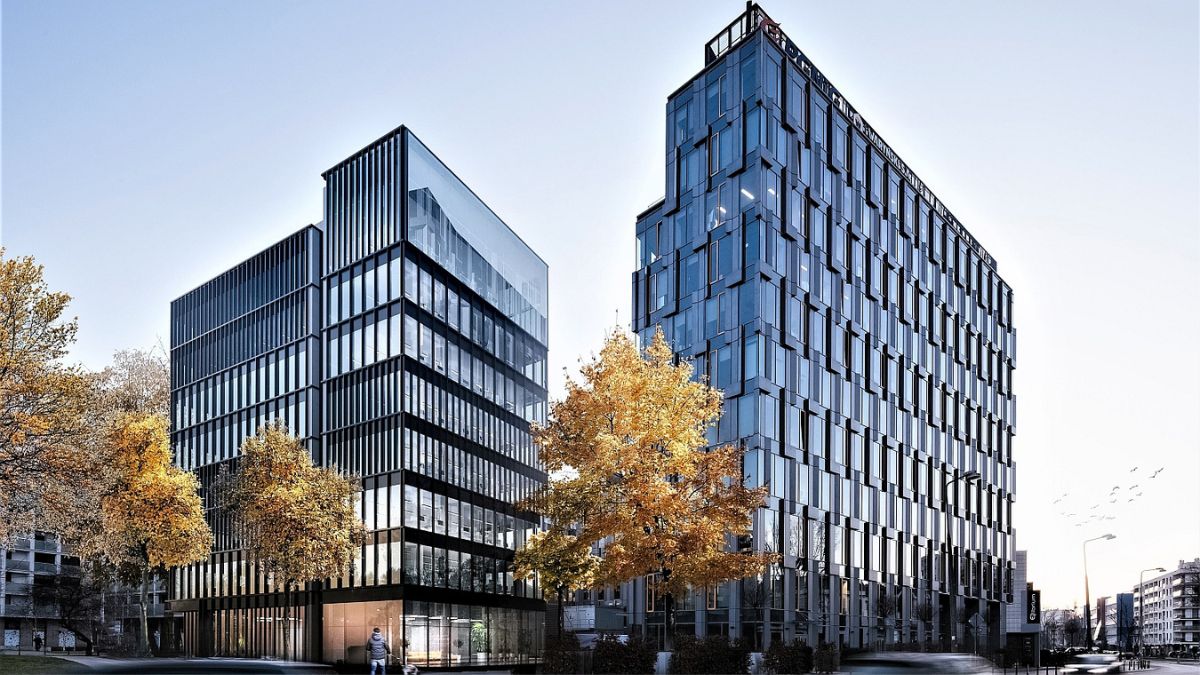As the landscape of work continues to evolve, marked by the widespread adoption of remote and hybrid models, a new wave of transformations is set to reshape urban real estate. Industry experts predict a surge in the conversion of office buildings to residential spaces or, in some cases, outright demolitions, reflecting the changing demands of a workforce embracing flexible work arrangements.
The global pandemic accelerated the embrace of remote work, challenging the traditional concept of centralized office spaces. With many employees now enjoying the flexibility of working from anywhere, companies are reassessing their real estate needs, leading to a surplus of vacant or underutilized office spaces in city centers.
Real estate analysts anticipate that property owners, faced with a surplus of empty offices, will increasingly explore adaptive reuse strategies. Converting commercial office buildings into residential units is viewed as a viable solution to repurpose these spaces, meeting the growing demand for urban living options.
The trend is expected to gain momentum as urban dwellers express a preference for mixed-use developments that integrate living and working spaces. Converting office buildings into residential units not only aligns with changing work patterns but also contributes to the revitalization of urban cores.
Additionally, some property owners may opt for demolitions to make way for new developments that better cater to the evolving needs of urban communities. This shift marks a departure from the conventional dominance of commercial spaces in city landscapes, paving the way for a more balanced and dynamic blend of residential, commercial, and recreational areas.
While the conversion or demolition of office buildings presents a strategic response to changing dynamics, it also raises questions about the future of commercial real estate and the potential impact on property values. As these transformations unfold, stakeholders in the real estate industry, from developers to city planners, are likely to engage in ongoing discussions to navigate the evolving urban landscape.


